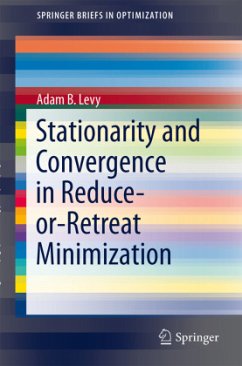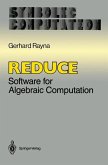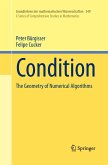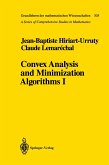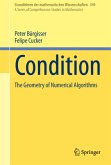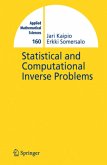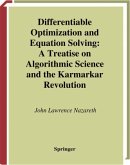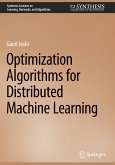Stationarity and Convergence in Reduce-or-Retreat Minimization presents and analyzes a unifying framework for a wide variety of numerical methods in optimization. The author's "reduce-or-retreat" framework is a conceptual method-outline that covers any method whose iterations choose between reducing the objective in some way at a trial point, or retreating to a closer set of trial points. The alignment of various derivative-based methods within the same framework encourages the construction of new methods, and inspires new theoretical developments as companions to results from across traditional divides. The text illustrates the former by developing two generalizations of classic derivative-based methods which accommodate non-smooth objectives, and the latter by analyzing these two methods in detail along with a pattern-search method and the famous Nelder-Mead method.In addition to providing a bridge for theory through the "reduce-or-retreat" framework, this monograph extends andbroadens the traditional convergence analyses in several ways. Levy develops a generalized notion of approaching stationarity which applies to non-smooth objectives, and explores the roles of the descent and non-degeneracy conditions in establishing this property. The traditional analysis is broadened by considering "situational" convergence of different elements computed at each iteration of a reduce-or-retreat method. The "reduce-or-retreat" framework described in this text covers specialized minimization methods, some general methods for minimization and a direct search method, while providing convergence analysis which complements and expands existing results.
Bitte wählen Sie Ihr Anliegen aus.
Rechnungen
Retourenschein anfordern
Bestellstatus
Storno

